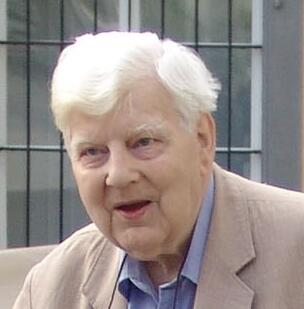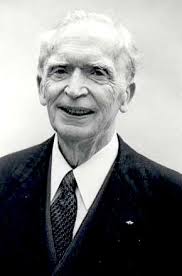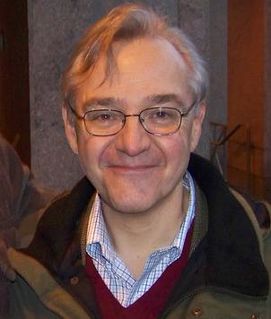A Quote by Steve Pavlina
We primarily grow as human beings by discovering new truths about ourselves and our reality.
Quote Topics
Related Quotes
It is well, when the wise and the learned discover new truths; but how much better to diffuse the truths already discovered, amongst the multitude! Every addition to true knowledge is an addition to human power; and while a philosopher is discovering one new truth, millions may be propagated amongst the people. Diffusion, then, rather than discovery, is the duty of our government.
Self-respect is often mistaken for arrogance when in reality it is the opposite. When we can recognize all our good qualities as well as our faults with neutrality, we can start to appreciate ourselves as we would a dear friend and experience the comfortable inner glow of respect. To embrace the journey towards our full potential we need to become our own loving teacher and coach. Spurring ourselves on to become better human beings we develop true regard for ourselves and our life will become sacred.
Philosophy attempts, not to discover new truths about the world, but to gain a clear view of what we already know and believe about it. That depends upon attaining a more explicit grasp of the structure of our thoughts; and that in turn on discovering how to give a systematic account of the working of language, the medium in which we express our thoughts.
You grow old when you lose interest in life, when you cease to dream, to hunger after new truths, and to search for new worlds to conquer. When your mind is open to new ideas, new interests, and when you raise the curtain and let in the sunshine and inspiration of new truths of life and the universe, you will be young and vital.
I think that we're all, as human beings, so limited. If we want to write about ourselves, that's fairly easy. And if we write about our friends or our families, we can do that. But if we want to project ourselves somewhere beyond our personal experience we're going to fail unless we get that experience or we borrow it from others.
I think that we're all, as human beings, so limited. If we want to write about ourselves, that's fairly easy. And if we write about our friends or our families, we can do that. But if we want to project ourselves somewhere beyond our personal experience, we're going to fail unless we get that experience or we borrow it from others.
The new culture war is about national identity rather than religion and 'transcendent authority.' It focuses on which groups the United States will formally admit to residence and citizenship. It asks the same question as the old culture war: 'Who are we?' But the earlier query was primarily about how we define ourselves morally. The new question is about how we define ourselves ethnically, racially and linguistically. It is, in truth, one of the oldest questions in our history, going back to our earliest immigration battles of the 1840s and 1850s.
So this is reality, this forgiveness, this reconciliation, is true for everybody. Paul insisted that when Jesus died on the cross, he was reconciling "all things, in heaven and on earth, to God." All things, everywhere. ...This reality then isn't something we make come true about ourselves by doing something. It is already true. Our choice is to live in this new reality or cling to a reality of our own making.
Learning how to be kind to ourselves, learning how to respect ourselves, is important. The reason it's important is that, fundamentally, when we look into our own hearts and begin to discover what is confused and what is brilliant, what is bitter and what is sweet, it isn't just ourselves that we're discovering. We're discovering the universe.


































